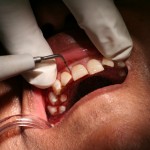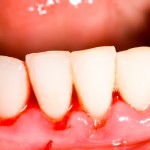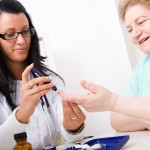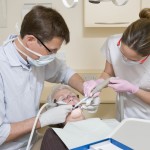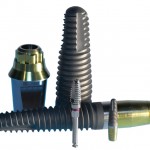
This Bayesian network meta-analysis only included 11 small studies of overall low quality. While the greatest reduction in PPD was seen with debridement in conjunction with antibiotics the difference are small so it is difficult to conclude that any particular non-surgical treatment for peri-implantitis performs better than debridement alone
[read the full story...]